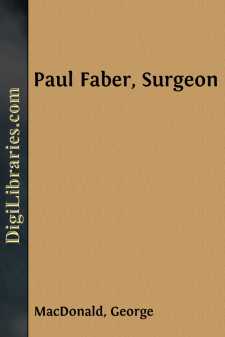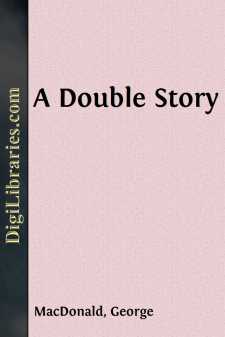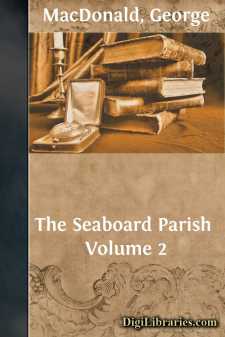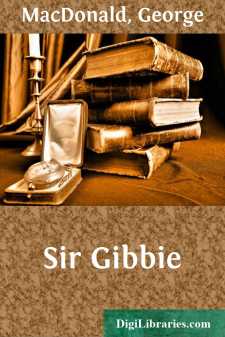Categories
- Antiques & Collectibles 13
- Architecture 36
- Art 48
- Bibles 22
- Biography & Autobiography 815
- Body, Mind & Spirit 144
- Business & Economics 28
- Children's Books 18
- Children's Fiction 14
- Computers 4
- Cooking 94
- Crafts & Hobbies 4
- Drama 346
- Education 58
- Family & Relationships 59
- Fiction 11833
- Games 19
- Gardening 17
- Health & Fitness 34
- History 1378
- House & Home 1
- Humor 147
- Juvenile Fiction 1873
- Juvenile Nonfiction 202
- Language Arts & Disciplines 89
- Law 16
- Literary Collections 686
- Literary Criticism 179
- Mathematics 13
- Medical 41
- Music 40
- Nature 179
- Non-Classifiable 1768
- Performing Arts 7
- Periodicals 1453
- Philosophy 65
- Photography 2
- Poetry 896
- Political Science 203
- Psychology 44
- Reference 154
- Religion 515
- Science 126
- Self-Help 85
- Social Science 82
- Sports & Recreation 34
- Study Aids 3
- Technology & Engineering 59
- Transportation 23
- Travel 463
- True Crime 29
Our website is made possible by displaying online advertisements to our visitors.
Please consider supporting us by disabling your ad blocker.
Paul Faber, Surgeon
by: George MacDonald
Description:
Excerpt
CHAPTER I.
THE LANE.
The rector sat on the box of his carriage, driving his horses toward his church, the grand old abbey-church of Glaston. His wife was inside, and an old woman—he had stopped on the road to take her up—sat with her basket on the foot-board behind. His coachman sat beside him; he never took the reins when his master was there. Mr. Bevis drove like a gentleman, in an easy, informal, yet thoroughly business-like way. His horses were black—large, well-bred, and well-fed, but neither young nor showy, and the harness was just the least bit shabby. Indeed, the entire turnout, including his own hat and the coachman's, offered the beholder that aspect of indifference to show, which, by the suggestion of a nodding acquaintance with poverty, gave it the right clerical air of being not of this world. Mrs. Bevis had her basket on the seat before her, containing, beneath an upper stratum of flowers, some of the first rhubarb of the season and a pound or two of fresh butter for a poor relation in the town.
The rector was a man about sixty, with keen gray eyes, a good-humored mouth, a nose whose enlargement had not of late gone in the direction of its original design, and a face more than inclining to the rubicund, suggestive of good living as well as open air. Altogether he had the look of a man who knew what he was about, and was on tolerable terms with himself, and on still better with his neighbor. The heart under his ribs was larger even than indicated by the benevolence of his countenance and the humor hovering over his mouth. Upon the countenance of his wife rested a placidity sinking almost into fatuity. Its features were rather indications than completions, but there was a consciousness of comfort about the mouth, and the eyes were alive.
They were passing at a good speed through a varying country—now a thicket of hazel, now great patches of furze upon open common, and anon well-kept farm-hedges, and clumps of pine, the remnants of ancient forest, when, halfway through a lane so narrow that the rector felt every yard toward the other end a gain, his horses started, threw up their heads, and looked for a moment wild as youth. Just in front of them, in the air, over a high hedge, scarce touching the topmost twigs with his hoofs, appeared a great red horse. Down he came into the road, bringing with him a rather tall, certainly handsome, and even at first sight, attractive rider. A dark brown mustache upon a somewhat smooth sunburned face, and a stern settling of the strong yet delicately finished features gave him a military look; but the sparkle of his blue eyes contradicted his otherwise cold expression. He drew up close to the hedge to make room for the carriage, but as he neared him Mr. Bevis slackened his speed, and during the following talk they were moving gently along with just room for the rider to keep clear of the off fore wheel.
"Heigh, Faber," said the clergyman, "you'll break your neck some day! You should think of your patients, man....












